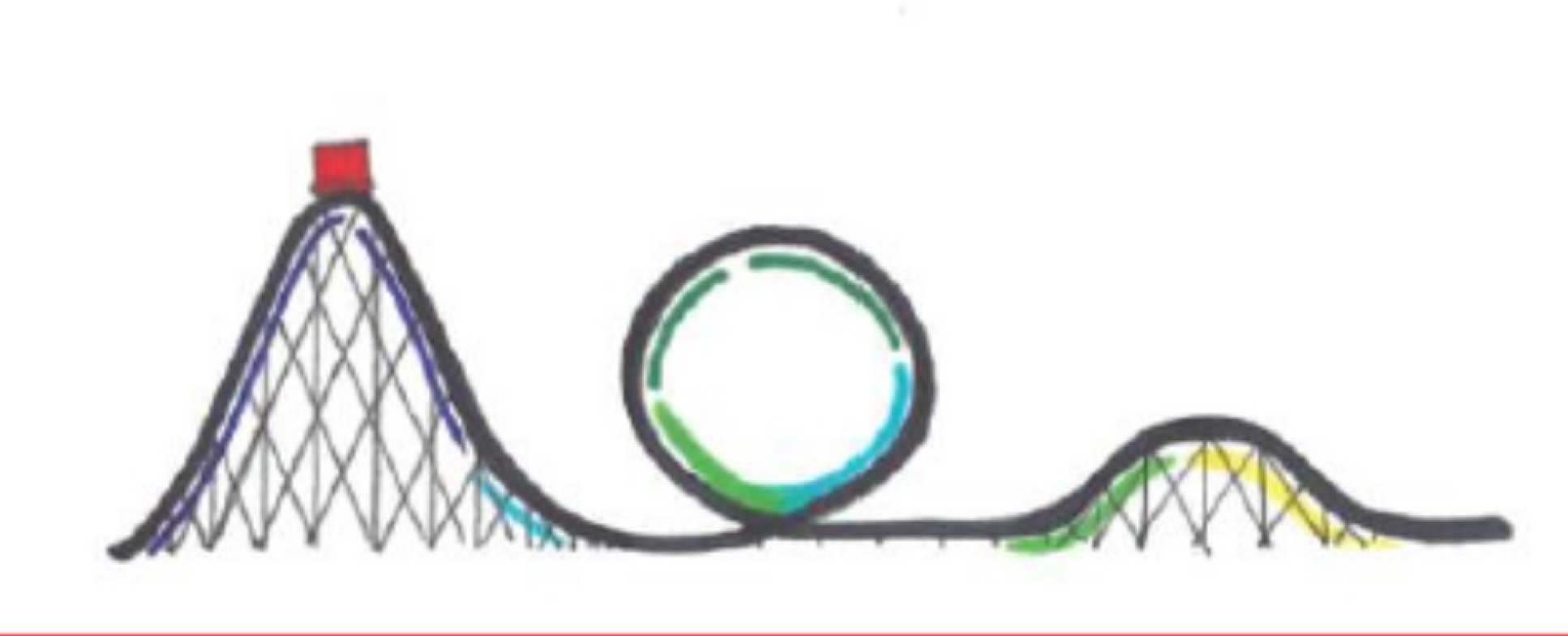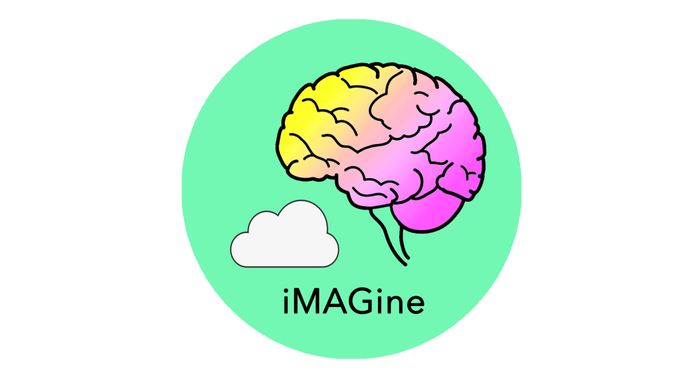Mood Instability Research
Mood Instability Research

Our research focuses on mood instability: rapid changes in affect that are difficult to regulate. Mood instability is a common feature across mental disorders and one of the first manifestations of distress in young people. Individuals who experience mood instability find current therapies, both pharmacological and psychological, less beneficial than the rest of the population.
Studies

Experimental Studies
We aim to understand the cognitive mechanisms that drive mood instability and associated behaviours, such as self-harm, using a variety of methods including behavioural experiments, neuroimaging, physiological measurements, cognitive and pharmacological manipulation to identify targets for new treatments.
In particular we are interested in episodic future simulation; the process of imagining future scenarios that we commonly use to regulate emotions, plan and help us make decisions.
Ongoing studies:
VISIONS OF THE FUTURE IN THE BRIAN: understanding cognitive biases in episodic future simulation in Bipolar Spectrum Disorders: a functional neuroimaging study (NRES ref: 15/EE/0199) - this study has now completed recruitment.
How does simulating vivid emotional future scenarios impact on mood?
iMAGine Study: Investigating motivational abnormalities guiding self-harm, binging and/or purging behaviour in young people - this project aims to understand how reward-related processes might contribute to self harm, binging and purging behaviours in 16-25year olds. To investigate these psychological processes we are using a range of computerised tasks and questionnaires online. To find out more visit the iMAGine website or sign-up to participate in the study here.

Treatment Development Studies
Treatment Development Studies
We aim to translate our experimental findings into the development of brief interventions and digital tools that can support young people with mood instability.
Ongoing studies:
Can we use adaptive future simulation to target self-harm behaviour?
You can find the IMAGINATOR trial protocol here, and more information on how we developed the IMAGINATOR app here. Funded by: East of England Collaboration for Leadership in Applied Heath Research & Care (CLAHRC). This study has now completed recruitment.
Digital Mental Health
Across our areas of research we are interested in how digital tools impact on young people’s mental health, and how they can be used to promote emotional well-being.
We are collaborating with researchers from the School of Public Health to investigate the mechanisms by which wireless devices can affect the mental health of adolescents, so if you’d like to take part this is the link (SCAMP study)
Research team
Dr Martina Di Simplicio
/prod01/channel_2/media/migration/faculty-of-medicine/DI-SIMPLICO,-Martina-04-05-2018-5_edited--tojpeg_1526034112675_x4-1.jpg)
Dr Martina Di Simplicio
Clinical Senior Lecturer in Psychiatry
Rachel Rodrigues
/prod01/channel_2/media/migration/faculty-of-medicine/RODRIGUES,-Rachel-20-11-2018-4--tojpeg_1543330763274_x4-1.jpg)
Rachel Rodrigues
PhD Student
Dr Braulio Girela Serrano
/prod01/channel_2/media/migration/faculty-of-medicine/BraulioGirela-JPG--tojpeg_1548329947347_x4-1.jpg)
Dr Braulio Girela Serrano
Koplowitz Fellow
Dr Alex Lau-Zhu
/prod01/channel_2/media/migration/faculty-of-medicine/alex_lau_zhu--t_1589114915957_x1--tojpeg_1589389032205_x4.jpg)
Dr Alex Lau-Zhu
Honorary Research Associate


